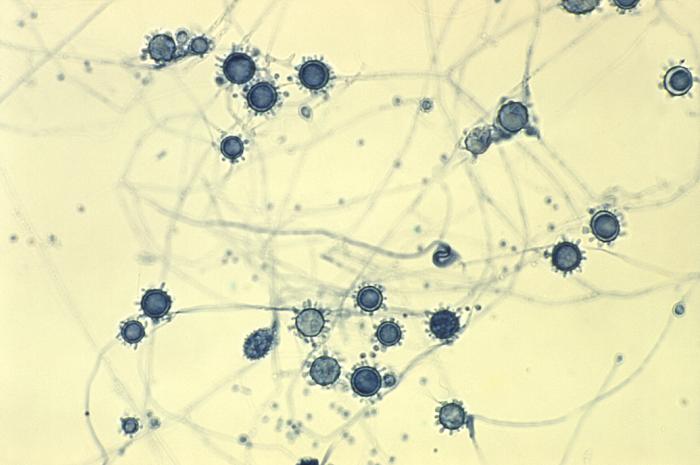
In November 2018, the Louisiana Department of Health received a call about two patients, one thought to have viral pneumonia and the other an unknown respiratory illness. Both were hospitalized and treated with medicines for pneumonia, yet their symptoms would not go away. After consultation with an infectious disease specialist, the patients were tested and diagnosed with histoplasmosis. Histoplasmosis is an infection caused by a fungus, Histoplasma capsulatum, that is found in the droppings of birds and bats in humid areas. Upon further investigation, the Louisiana Department of Health discovered that the two patients had recently been on a camping trip and found that half of the campers on the trip were sick with histoplasmosis.
With an outbreak at hand, Louisiana Department of Health teamed up with the Centers for Disease Control, Mycotic Diseases Branch, to find the cause of the histoplasmosis outbreak. To find out how the camper got sick, officials investigated the activities of the campers for possible cause, particularly any that would bring them into contact with bird or bat droppings. Most people who encounter the fungus, do so through soil that contains large amount of bird or bat poop. Once the soil is disturbed, spores from the fungus are inhaled. Once inside the lungs, a person’s body temperature stimulates the fungus to transform into a yeast. The yeast can then travel throughout the body. Activities that the campers participated in ranged from hiking, collecting firewood, digging soil and geocaching. Geocaching is like a digital scavenger hunt where players locate objects and sites using an app. After touring several of the geocaching sites, they found one where an object was hidden in the soil at the bottom of a hollow tree. When officials took a closer look, they found it to be the home of bats. They immediately tested the soil, and it came back positive for Histoplasma capsulatum.
After a high-risk area is identified there are several steps the department of health takes in order to prevent further outbreaks. First, they educate the campground staff about the risk and symptoms of histoplasmosis, such as people with weakened immune systems being at a higher risk of severe infection. The second is to recommend that campers avoid disturbing soil in areas that may contain bird or bat droppings. Finally, they recommended that public health officials and health care providers increase the awareness about histoplasmosis at campgrounds, particularly in Louisiana.
Written by Lauren Clabough





